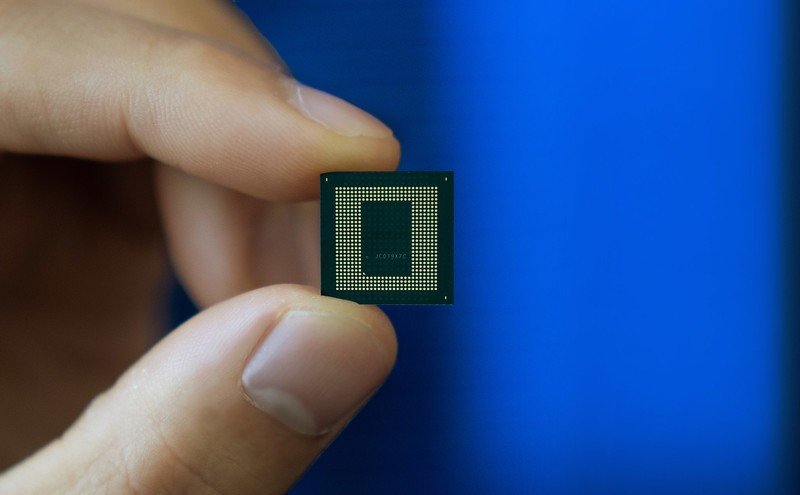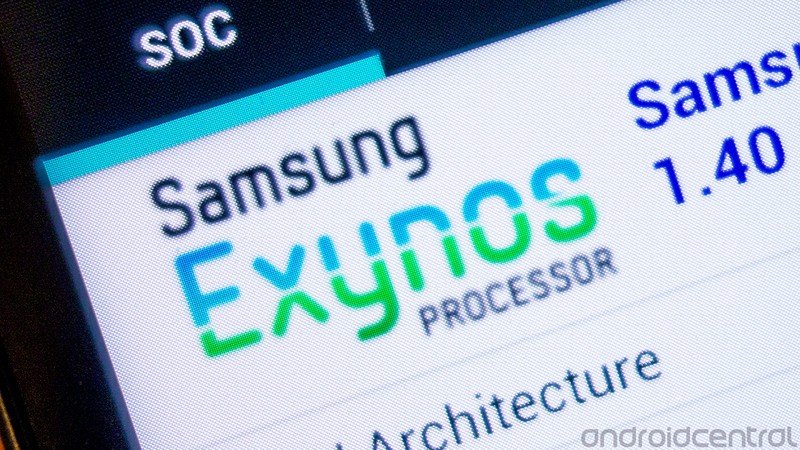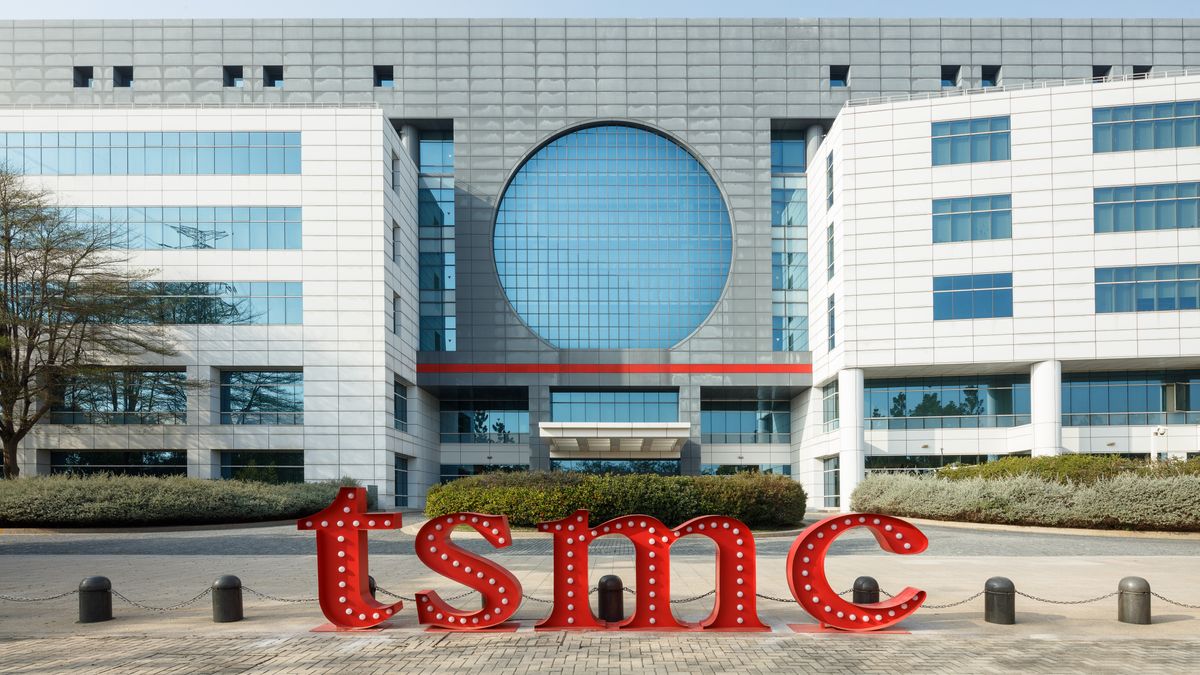What the heck is going on at TSMC?
TSMC is the most important tech company of them all. It may not be the wealthiest or the most recognizable, but the company manufactures the parts that make most of your tech stuff possible. TSMC is the company that makes chips for Apple, Qualcomm, and almost everyone else.
It’s not the company that designs the chips or figures out ways to make them better. It literally is the company that turns silicon wafers and rare metals into processors, and it’s found itself smack dab in the middle of the U.S. fight with China.
Android & Chill
One of the web’s longest-running tech columns, Android & Chill is your Saturday discussion of Android, Google, and all things tech.
To begin with, it appears that TSMC (Taiwan Semiconductor Manufacturing Co.) didn’t do anything wrong and is the victim of some sort of tech component fraud. In any case, some of the parts it manufactures have been found in Huawei’s Ascend 910B AI accelerator, which is something that the U.S. “forbids.” These chips are officially made by China-based SMIC (Semiconductor Manufacturing International Corp), but it’s been reported that the company is unable to meet demand.
A different client not under U.S. sanctions apparently bought the parts and supplied them to Huawei without TSMC’s knowledge. TSMC discovered the issue and self-reported to both the Tawainese government and the U.S. Department of Commerce on October 11.
The U.S. can’t do anything directly to any company that is not inside the country, but what it can do may be worse — it can forbid any company that wants to do business inside the United States from supplying anything, real goods or technology included, to a sanctioned entity like Huawei. That means it can tell Apple not to use TSMC, and it can tell Qualcomm that if it wants to sell products to U.S. customers, it can’t deal with TSMC either, due to any perceived business between TSMC and Huawei. It’s effectively a death sentence.

At first, it sounded like TSMC was in hot water, but that doesn’t appear to be the case. Either way, the company has to withstand an investigation by the US Commerce Department’s Bureau of Industry and Security, which will be forced to report the findings to the U.S. Congress. That’s something we shouldn’t wish on our worst enemies.
It’s good that TSMC is not only clear of any wrongdoing but also did the right thing even though it knew what was going to happen. Not all giant corporations would do the same. It’s even more important to us that we won’t see sanctions against TSMC, which would wreck the tech landscape.
I know we all hate it when I use Apple as an example, but it’s the easy way to demonstrate what I mean, so I’m going with it.
Apple has TSMC make 100% (effectively) of the chips inside every product it sells that use Apple’s in-house processors. That means with every iPhone, iPad, Mac, etc., TSMC has to continue to increase its manufacturing capacity in order to meet demand from Apple and its other clients, so business is booming.
Now imagine all those products without anyone to build the chips that power them. The big companies like Apple and Samsung, who can manufacture their own Exynos chips, would survive after a dismal year or two, but the Motorolas and OnePluses of the world would cease to exist if TSMC went “offline” like this and they were unable to get new products built until an alternative was found.

That’s a big part of the problem; there is no real alternative. There are other foundries — TSMC does not exist in a bubble — but none have the capacity or technology to match TSMC. That’s why Apple, Qualcomm, Intel, and everyone else use them. They build a superior product when it comes to yield and die size, and that’s what chip companies need.
I’ve been following this story for a week or so, and at first, I was concerned. The U.S. has an election coming up (as if you haven’t noticed), and there is no telling how a Trump administration Commerce Department would react should he win. If sanctions were placed against TSMC similar to what Huawei is dealing with, the tech landscape would be ruined. Thankfully, the full story isn’t so bleak.
TSMC will have to deal with a few million miles of U.S. government red tape, members of Congress will huff and puff to show their disdain for all things China, and it should remain business as usual when it comes to having access to the products we love to use.
It just goes to show that good things can happen when a company does the right thing instead of trying to hide evidence and delete messages, right Google?



